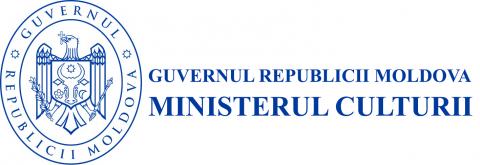The Ministry of Culture
is the authority of central public administration, a specialized institution, that is responsible for the elaboration of specific policies, strategies and norms in order to protect the national intangible cultural heritage. It assures the practical application of the above mentioned and of programms on identification, documentation, research, conservation, transmittion, promotion, revitalization and utilization of intangible cultural heritage.
The National Commission for the Safeguarding of Intangible Cultural Heritage
represents a specialised scientific organism, subordinated to the Ministry of Culture, which coordinates the implementation of the state policy in the field of protection of the intangible cultural heritage. The National Commission:
- Initiates projects and programms on conservation, protection, utilization and promotion of the intangible cultural heritage on the territory of the Republic of Moldova.
- Coordinates methodologicaly on intangible cultural heritage the activity of representants from territory.
- Co-operates with specialized institutions in order to undertake programms and activities of research.
- Co-ordinates publishing and spreading of books on material support and other publications on intangible cultural heritage.
The National Centre for Conservation and Promotion of the Intangible Cultural Heritage
is the institution which assures the application of measures for protection policy in territory by its sections and directions of culture, specially in communities in which exist bearers of cultural heritage. By concrete measures it sustains the viability of the intangible cultural heritage and it’s transmission to young generation. Also it drows up inventories of elements of intangible cultural heritage, contributing to its conservation on different modern supports.
Cultural directions and sections in districts
give methodological support for the representatives’ activity in territory on intangible cultural heritage;
- Assure by concrete measures the viability of the intangible cultural heritage in traditional forms;
- Contribute to the transmission of the heritage elements to young generation by preserving their principal specific features;
- inventories the intangible cultural heritage elements in bearing communities, elaborates heritage files for the intangible heritage elements, completes the archives and data bases with information recorded on different types of support;
- offers methodological recommendations on making up of national inventory of the archives with intangible cultural heritage recordings;
- organizes activities for the promotion of the intangible cultural heritage, ensuring dissemination of knowledge regarding on its’ specific features.

